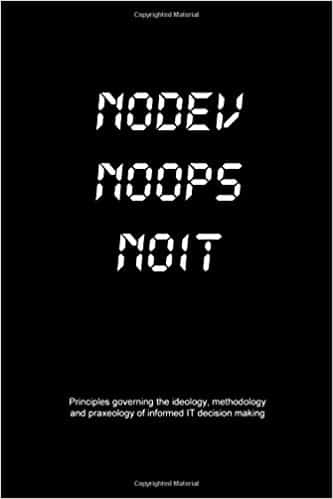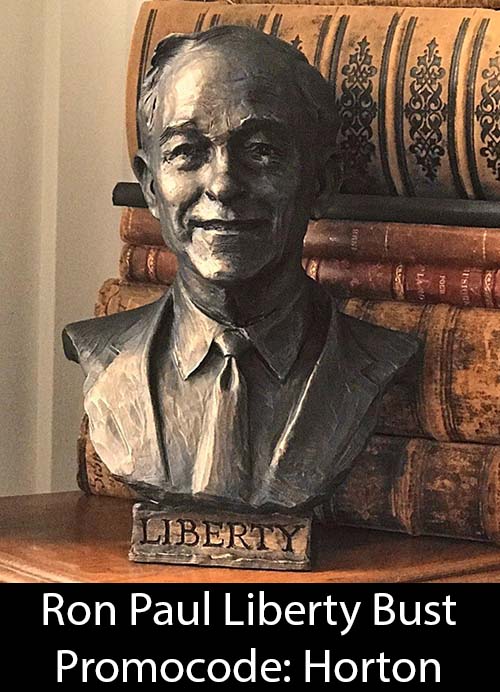Hey y’all, check out this great article by Jonathan M. Finegold Catalan at Mises.org.
There is much disagreement on how the United States should deal with China’s persistent devaluation of the yuan. Worse, there is still substantial confusion on the actual effects of an undervalued yuan on capital markets, “trade deficits”, and the economy in general. The most widely accepted and common theory goes something like this: currency devaluation helps China by boosting its exports, and hurts the United States by widening the “trade deficit.” Indeed, President Barack Obama recently suggested that the United States needed “to make sure our goods are not artificially inflated in price and their goods are not artificially deflated in price; that puts us at a huge competitive disadvantage.”
Given the near consensus — at least among mainstream academia — on the hurtful consequences of an undervalued yuan, most disagreement lies in deciding in what form the United States should respond or retaliate. Nobel laureate and Princeton professor Paul Krugman suggests imposing tariffs on Chinese goods as a way of undermining the efforts of the Chinese to make their goods cheaper in dollars.















